IBM to open first European quantum data center promising access to 'cutting-edge processing'
The data center will be designed to help those clients struggling to keep up with challenging EU data regulations
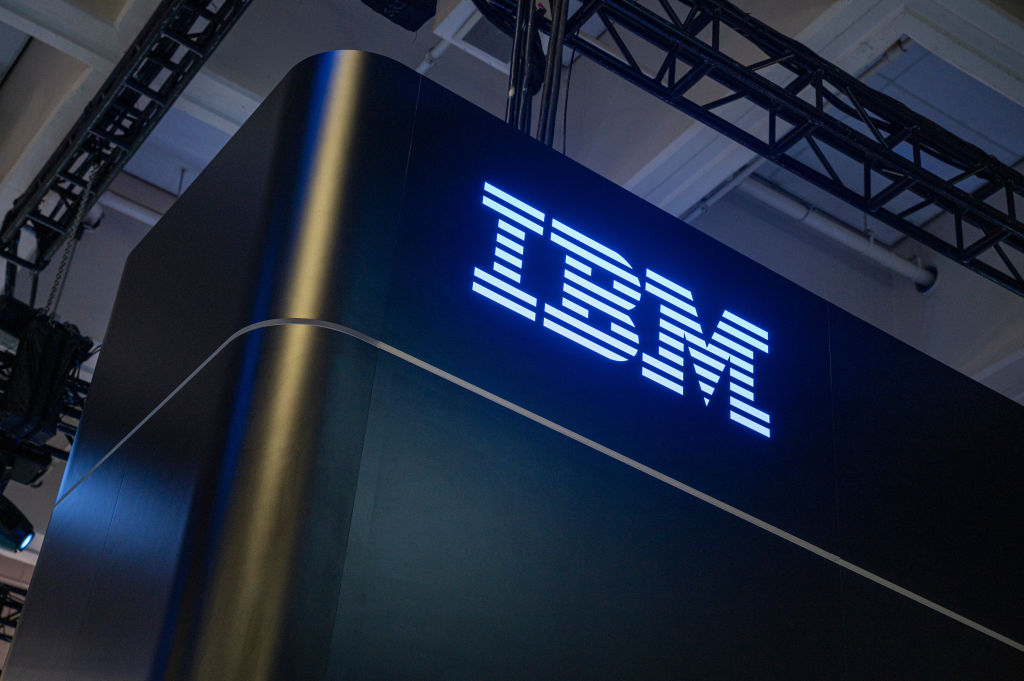

IBM has announced plans to launch its first European quantum data center and cloud region.
Housed at IBM’s facility in Ehningen, Germany, the data center is expected to be operational by 2024 and will serve as a host site for IBM Quantum’s European cloud region, the company revealed on Tuesday.
Once operational, the center will enable access to “cutting-edge quantum computing for companies, research institutions, and government agencies,” the firm claimed.
The center will house multiple IBM quantum computing systems, each of which will include “utility scale” quantum processors capable of more than 100 qubits.
“The planned quantum data center and associated cloud region will give European users a new option as they seek to tap the power of quantum computing in an effort to solve some of the world’s most challenging problems,” said Jay Gambetta, IBM fellow and VP of IBM Quantum.
European data sovereignty
The Ehningen facility will be IBM’s second quantum data center and cloud region, following the launch of a center in New York in 2019, and the first in Europe.
A key factor in the launch of this data center and cloud region centers on ensuring data sovereignty for European-based clients, IBM revealed.
Get the ITPro daily newsletter
Sign up today and you will receive a free copy of our Future Focus 2025 report - the leading guidance on AI, cybersecurity and other IT challenges as per 700+ senior executives
IBM said the data center will be designed specifically to “help clients continue to manage their European data regulation requirements” such as the processing of all job data within EU borders.
RELATED RESOURCE
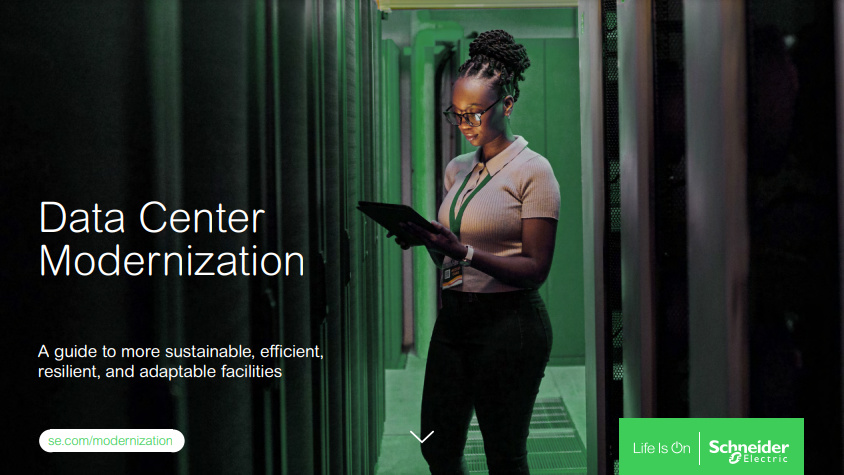
Shaping your sustainable data center
A guide to more sustainable, efficient, resilient, and adaptable facilities
Data sovereignty has been a recurring topic in recent months amid plans by the EU to implement stricter rules for non-EU companies processing data within the union.
Last month, the European Union Agency for Cybersecurity (ENISA) unveiled plans to introduce a cyber security label that will be required for non-EU companies to handle sensitive data.
These labeling proposals could mean that major cloud providers, such as Microsoft, Google, and AWS, would be required to enter into a joint venture with an EU-based firm to ensure a point-of-contact for regulatory purposes.
This move to bolster data sovereignty forms part of a wider push via the EU certification scheme (EUCS), which aims to establish a union-wide certification regime for cloud providers and companies handling EU data.
The scheme has sparked repeated criticism from industry stakeholders amid suggestions that cloud providers outside the EU could be pressured into establishing dedicated headquarters within the union to ensure compliance.
A report from the European Centre for International Political Economy (ECIPE) in March described the proposed certification scheme as “discriminatory” toward non-EU providers.
“Quantum computation as a stateless service”
Once the data center is fully online, IBM plans to introduce a "multichannel scheduler" to help manage access and resources across different regions and channels.
“A channel can be a partner or institution that handles their users' access and/or data and can combine with their own or third party classical resources to develop and integrate quantum into their own advance compute solutions,” the firm explained in a blog post.
IBM said this multichannel scheduler is particularly important for users concerned about the storage or processing of data, and begins the journey toward “quantum computation as a stateless service”.
Under this move, data ownership remains with users and will ensure that data is handled and processed solely in Europe.
“The multichannel scheduler will allow for the use of IBM Quantum systems in both the US quantum data center as well as the new European quantum data center regardless of where they’re submitting code from,” IBM said.
“Users in Europe can continue exploring early prototype systems provided only in the US data center and, when ready, to apply those lessons learned to Europe-only systems.”

Ross Kelly is ITPro's News & Analysis Editor, responsible for leading the brand's news output and in-depth reporting on the latest stories from across the business technology landscape. Ross was previously a Staff Writer, during which time he developed a keen interest in cyber security, business leadership, and emerging technologies.
He graduated from Edinburgh Napier University in 2016 with a BA (Hons) in Journalism, and joined ITPro in 2022 after four years working in technology conference research.
For news pitches, you can contact Ross at ross.kelly@futurenet.com, or on Twitter and LinkedIn.
-
 Should AI PCs be part of your next hardware refresh?
Should AI PCs be part of your next hardware refresh?AI PCs are fast becoming a business staple and a surefire way to future-proof your business
By Bobby Hellard
-
 Westcon-Comstor and Vectra AI launch brace of new channel initiatives
Westcon-Comstor and Vectra AI launch brace of new channel initiativesNews Westcon-Comstor and Vectra AI have announced the launch of two new channel growth initiatives focused on the managed security service provider (MSSP) space and AWS Marketplace.
By Daniel Todd
-
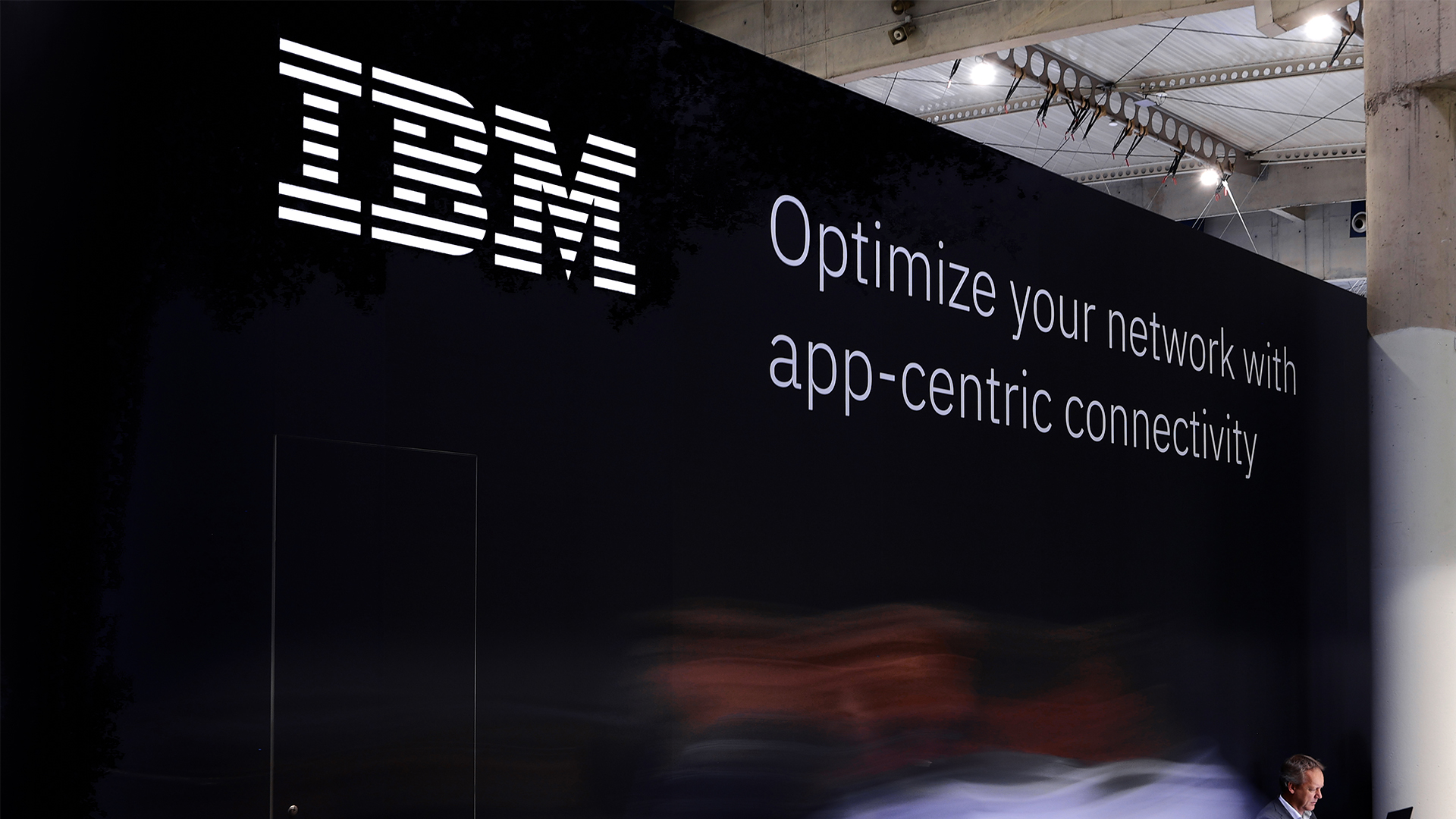 IBM and SAP expand partnership to drive generative AI capabilities
IBM and SAP expand partnership to drive generative AI capabilitiesNews The new Value Generation initiative aims to deliver greater client productivity gains through generative AI solutions
By Daniel Todd
-
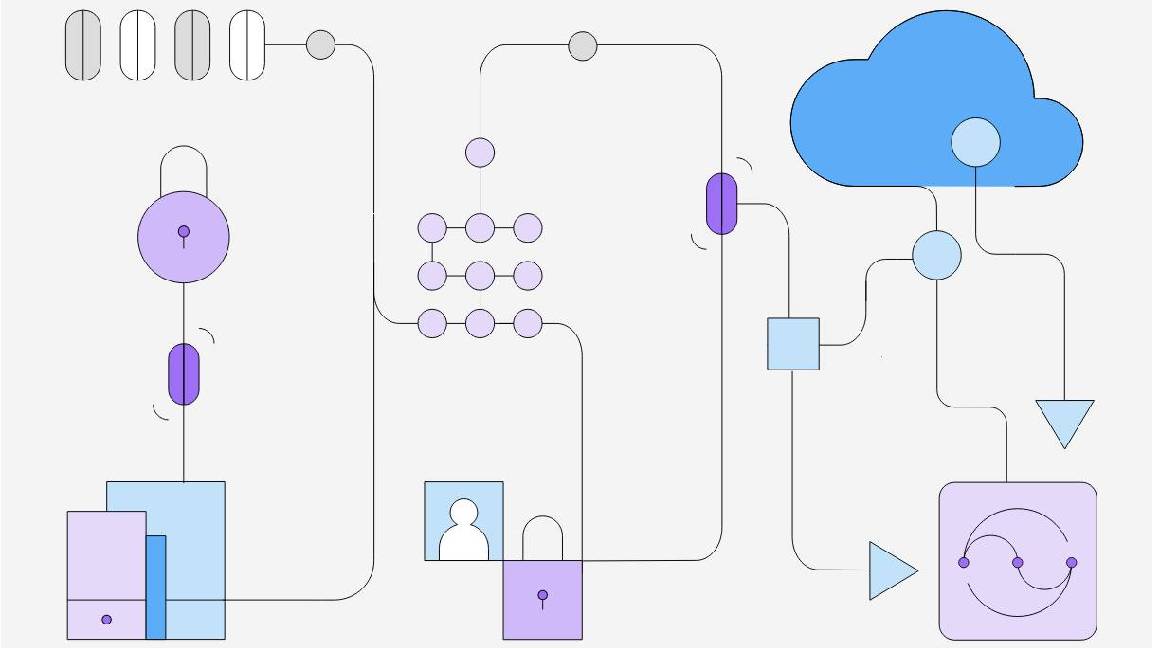 Driving business innovation through application modernization and hybrid cloud
Driving business innovation through application modernization and hybrid cloudwebinar Transform with IBM Z
By ITPro
-
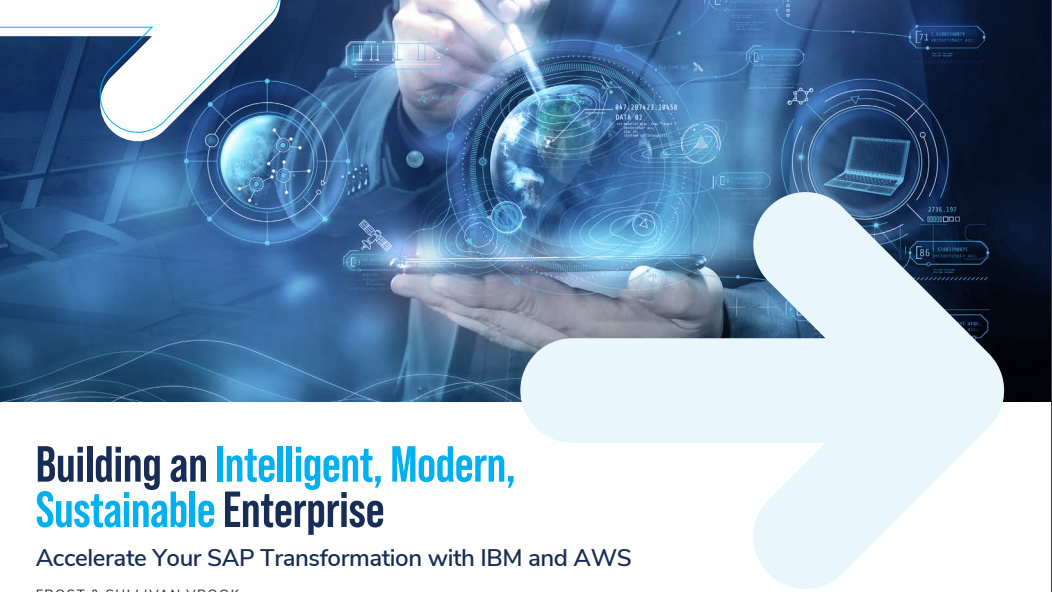 Building an intelligent, modern, sustainable enterprise
Building an intelligent, modern, sustainable enterpriseWhitepaper Accelerate your SAP transformation with IBM and AWS
By ITPro
-
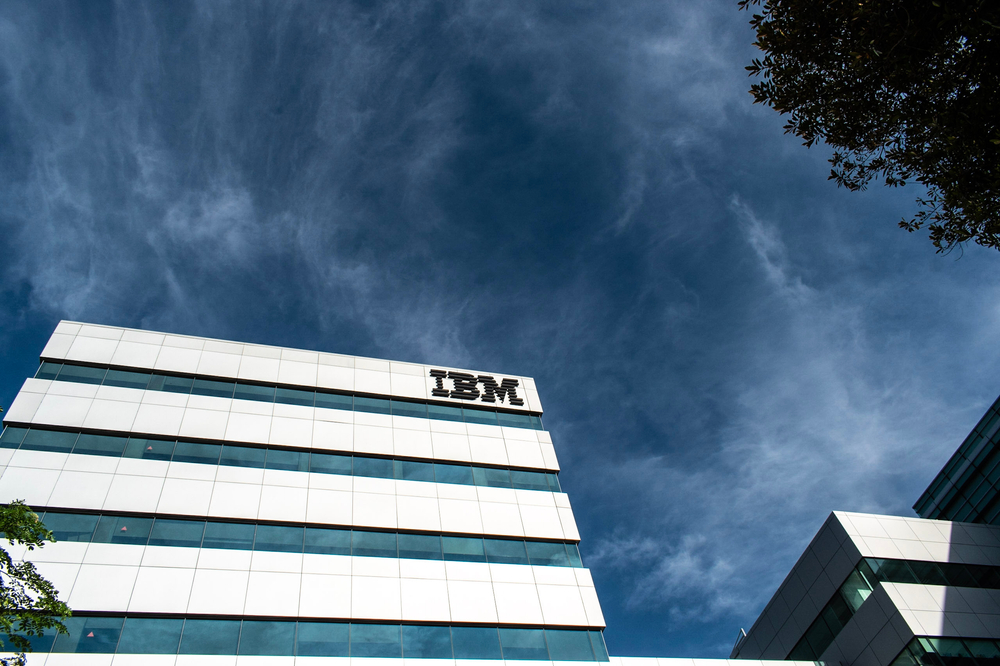 Tangible business value from cloud transformation remains elusive
Tangible business value from cloud transformation remains elusiveWhitepaper Discover the top five secrets to mastering cloud for business
By ITPro
-
 Cloud-enabled manufacturing
Cloud-enabled manufacturingWhitepaper Operations and IT leaders turn ambition into advantage
By ITPro
-
 DCIG: Top five enterprise Storage as A Service solutions
DCIG: Top five enterprise Storage as A Service solutionsWhitepaper Operations and IT leaders turn ambition into advantage
By ITPro
-
 Amplify business transformation with business intelligence
Amplify business transformation with business intelligenceWhitepaper Four key benefits of moving your operations to the cloud
By ITPro
-
 Cloud security breaches surge on a wave of stolen credentials
Cloud security breaches surge on a wave of stolen credentialsNews Cloud security attacks are growing in both scale and intensity, according to new research from CrowdStrike, with threat actors leveraging stolen credentials to devastating effect
By Steve Ranger